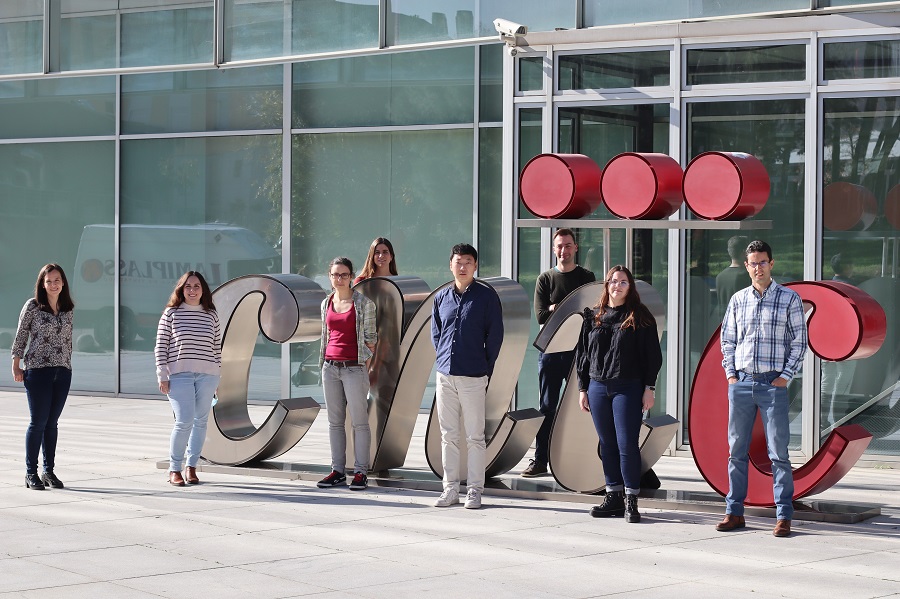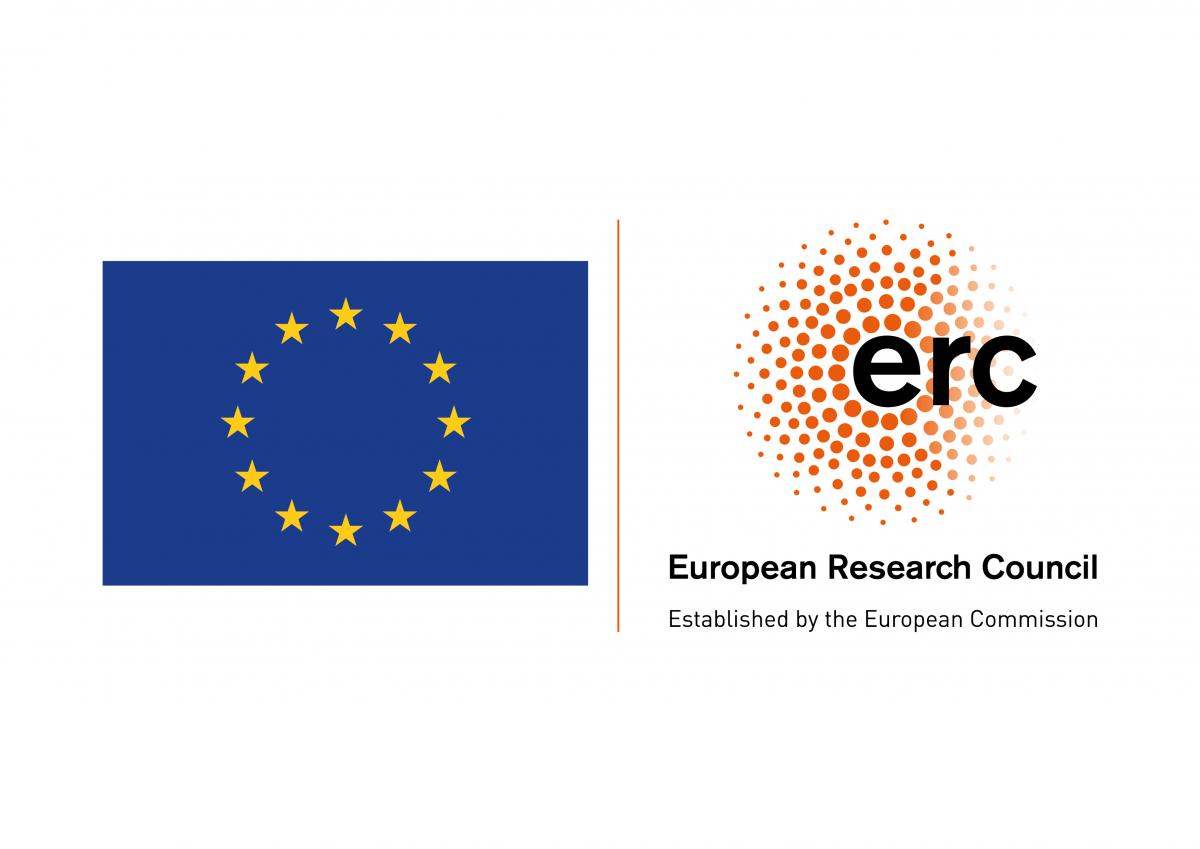'AngioUnrestUHD', led by Dr. Rui Benedito, awarded ERC Consolidator funding in the ERC-2020-COG call for proposals
AngioUnrestUHD, will develop and apply new research tools and methods to advance knowledge about the biology of blood vessels in distinct physiological and pathological contexts
The project "AngioUnrestUHD: Understanding and modulating vascular arrest with ultra-high definition", led by Dr. Rui Benedito, from the National Center for Cardiovascular Research (CNIC) has been selected in the ERC-2020-CoG call of the European Commission. The project will receive 2.3 million euros for the next 5 years.
In this call, of the eight ERC Consolidator projects in the area of Life Sciences awarded in Spain, two are for CNIC researchers. In total, the ERC-2020-CoG call of the European Commission has funded 22 projects in Spain in all categories..
The ERC supports pioneering projects that promise to revolutionize health and society. The ERC’s touchstone for project funding is research excellence. The 2 CNIC projects have been selected within the ERC Consolidator Grant program, which supports young investigators with an established record of leadership but who are still consolidating their research group. The ERC is the first Europe-wide organization to fund basic research projects on the sole basis of a researcher’s scientific excellence and the innovative strength of her or his ideas, independently of nationality or research field.
.
This knowledge will help to identify improved strategies to promote vessel development in ischemic heart disease, cure vascular malformations, and inhibit angiogenesis in tumors
Dr Rui Benedito’s project is called “AngioUnrestUHD: Understanding and modulating vascular arrest with ultra-high definition.” The project will use new research tools and methods developed by Dr Beneditos’ group to advance understanding of the biology of blood vessels in different physiological and pathological contexts. “This knowledge will help to identify improved strategies to promote vessel development in ischemic heart disease, cure vascular malformations, and inhibit angiogenesis in tumors,” explained Dr Benedito, head of the Molecular Genetics of Angiogenesis group at the CNIC.
Therapeutic modulation of the proliferation and migration of vascular cells is essential for the efficient blockade of angiogenesis in cancer and for its induction to treat cardiovascular disease.
The previously accepted view was that increased levels of growth factors or mitogenic stimuli will promote angiogenesis by increasing both the proliferation and migration of endothelial cells.
.

“Through innovative genetic and imaging studies, we have identified a previously unknown mechanism whereby a highly mitogenic environment (stimulating cell division) can lead to the inhibition of angiogenesis and the arrest of the cell cycle in endothelial cells, thus reducing the efficiency of angiogenesis,” said Dr Benedito.
This context-dependent mechanism “can explain the failure of growth factor therapy to promote functional angiogenesis in ischemic heart disease.”
The new project aims to define how hypermitogenic stimulation arrests angiogenesis and to identify ways to intervene in this process to efficiently stimulate the formation of new blood vessels.
Dr Benedito’s group has exploited recent advances in DNA synthesis, CRSPR gene editing, microscopy, and cell-lineage tracking technologies to develop new genetic tools, animal models, and methods of wide applicability that are enabling a more precise and high resolution study of gene function.











